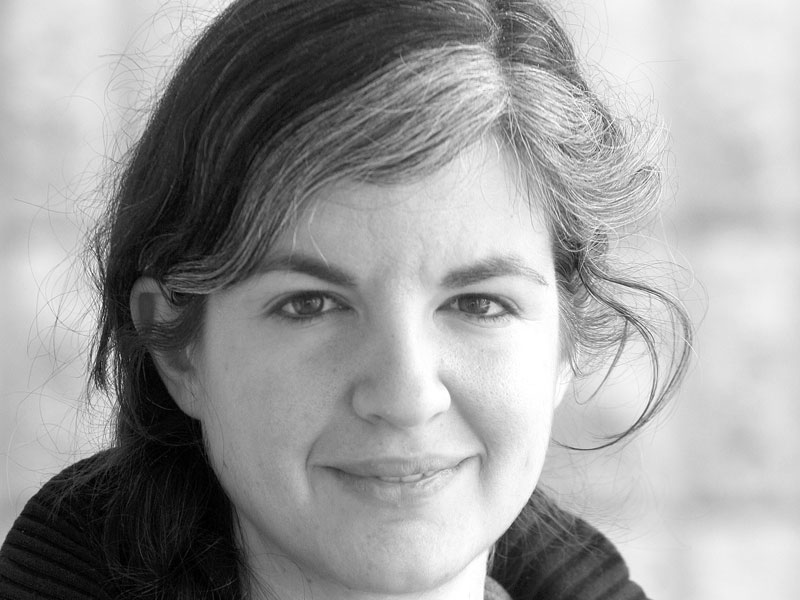Columnists
Choice

Just up the street from the gentrified Hintonburg neighbourhood west of downtown Ottawa, apartment dwellers include the elderly, students and immigrants who don’t have the capital to buy. Apart from the students, most will likely never afford the trendy neighbourhood’s nearby condominiums.
I walked along Hilda Street most mornings when I lived there. It was a drab but peaceful neighbourhood, inexpensive and close to the O-Train, easy access to public transportation.
I’ll never forget one morning, seeing a woman in her late 20s, in tears, hugging a small child to her chest.
The child was ill. The woman lived in the apartment building at the foot of Hilda. She was in front of the building, unsure of what to do. She did not have health insurance. She was not a permanent resident. She feared that if she were to take her child for care, she would be turned away, or worse—penalized by immigration authorities.
I encouraged her to take the child to the dropin clinic down the road. If she feared for the girl’s safety, it was better to seek care than to stay, frozen, in front of the building’s lobby. Despite her fear of authority.
I don’t know what became of her. I didn’t know her, and didn’t see her again, although that meant little.
But three years later, in front of that same building, another immigrant, Abdirahman Abdi, also froze at the foot of his home. If he feared authority, that fear was justified.
The institution of law enforcement is an inherently flawed one. People afforded greater power of force in order to protect us are, after all, just people. And people are flawed.
Those flaws have led to a tension between the public and the institution created to protect it. It’s led to inner-city anthems like N.W.A.’s FTP. It’s led to an environment of fear and mistrust between marginalized groups and the police. It’s led to an us-versus-them mentality from both members of the public and police forces that is counterproductive and dangerous.
The man who struck a fatal blow to Abdi’s head is flawed. And he was in possession of a restricted weapon that had the power to strike a fatal blow. He knew that. And he was allowed to wear it because he is a police officer.
When the special investigation unit (SIU) investigation began, those behind that officer said he would never be charged. When he was charged, they cried foul, claiming those charges were based upon political pressure, not a crime committed. Now, enough police officers, both in Ottawa and around Ontario have been donning rubber wristbands bearing the statement “United we stand, divided we fall.” It is not simply a police motto. It is a statement made in poor taste that implies victims of crime are not valued by the police if the perpetrators are the police.
The man charged is not a person whose skin colour, gender or sexuality led to his persecution. This is a man whose choices led to his persecution. How can members of the public, fearful because of their ethnicity, gender or sexuality trust an organization that stands behind him?
The man charged is not a person whose skin colour, gender or sexuality led to his persecution. This is a man whose choices led to his persecution. How can members of the public, fearful because of their ethnicity, gender or sexuality trust an organization that stands behind him?

Comments (0)